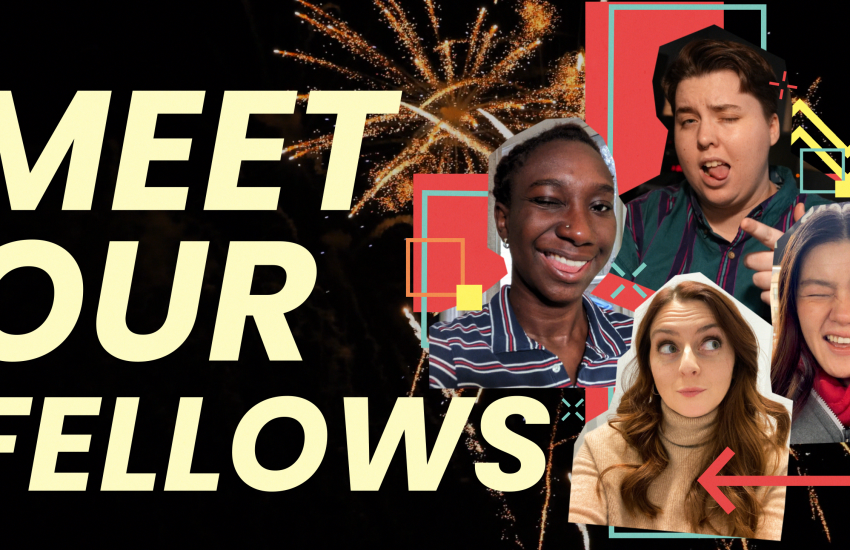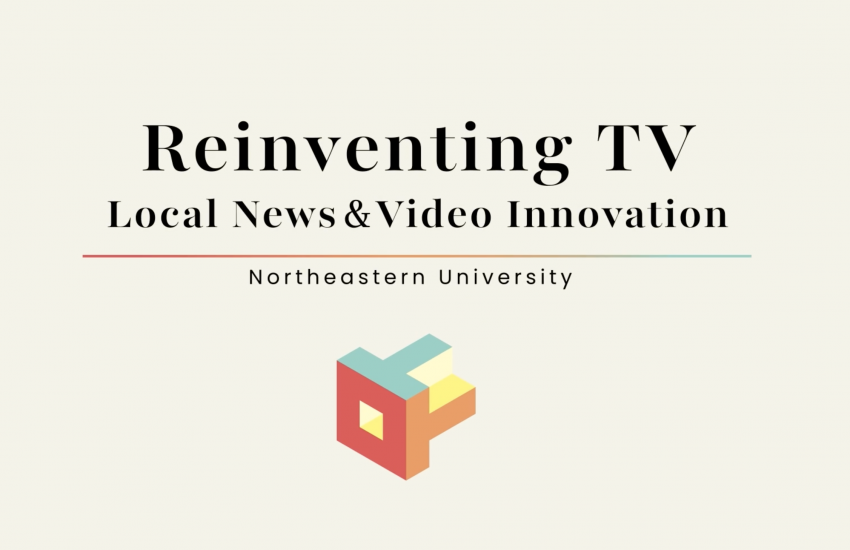Ears to the pavement: What Bostonians are saying about the 2018 midterm elections
If you haven’t heard already, this midterm election cycle could be the most contentious yet. Many who oppose the choices of the current administration are praying for the prospect of a blue wave: an overturning of critical house seats across the country to the democratic party, gaining them a majority in the Congress.
According to the Pew Research Center, voter turnout for midterms has typically been underwhelming – floating around 40 percent for those expressing a desire to participate. However, as Pew noted, this November could prove to be an outlier. Danny Hentz and Floris Wu took to the streets in their first podcast “Dog-On-It,” to see whether this midterm hype resonates with Boston voters. Here’s there recap of the experience.
Hentz: There’s certainly power in the auditory medium. I think that the hardest part of podcasting is minding your copyright laws (particularly with background tracks). We chose to sift through various aggregators of copyright free music, but I’ve since learned that there are a number of more established sites to search for good background tracks. Artlist and Podington Bear are two great sites for quality music to accent your pieces.
We also wanted to create something short that included the right nuggets from our interviewees. Soundbites on the news can at times distort intentionality, so we wanted to pick out quotes that could stand alone. When you’re going for brevity, you want to offer rich, nuanced points of view. I think we did that.
I’m looking forward to working with Floris again. She was initially nervous about rejection from subjects we approached for comment (as we all are in this industry), but she quickly grew thick skin. There was a spur of the moment adaptability that presented itself in her that I think is necessity when you approach people with audio equipment. Sometimes they’d shut down at first sight of the Zoom mic, but nothing was personal to her. She never stopped thanking people for their time. We’ve been talking and I think we’ll be grounding our next podcast more in scientific news, seeing as that’s a mutual interest of ours.
Wu: The hardest part was getting someone to talk to me. After wandering in a residential neighborhood in Cambridge for three hours, I finally found a couple who were willing to speak [Ellen and Hugh in the clip]. Coming up with questions was also difficult for a topic like the U.S. midterm elections, which I’m not familiar with.
We used a Zoom recorder and Adobe Premiere software to edit and mix the audio. I learned a lot from collaborating with Danny.
First of all, he is from Massachusetts, so he knows more about the election and its candidates than I did. I tended to ask more general questions, while he was able to delve deeper into the topics asking things like, “what do you think is at stake in Massachusetts with this particular election? Try to be as specific as you can – whether it’s race relations, immigration policy or jobs.” This way, interviewees better understood the purpose of our questions.
He was also good at finding good locations to conduct the interview. Instead of going to residential areas, like I did, he suggested we go to the Museum of Fine Arts, where we could get a better mix of people, who tended to also be more relaxed, rather than rushing through their morning commute.
- Emily Atkin is pissed off about climate change. Her new newsletter Heated says we all should be - October 1, 2019
- How to grow your brand as a photojournalist and commercial photographer - August 1, 2019
- Six digital skills all new journalists should consider learning and a road map to unlocking them - July 15, 2019




